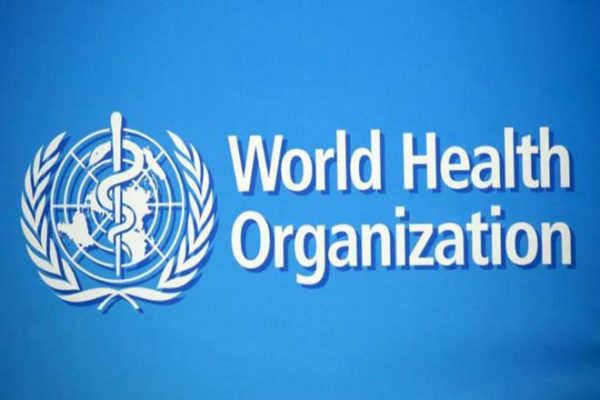As the world marks International Nurses Day, the World Health Organisation (WHO) has revealed that 42 per cent of nurses in Africa plan to emigrate, threatening to further destabilise already fragile health systems across the continent.
Acting WHO Regional Director for Africa, Dr Chikwe Ihekweazu, disclosed this in a statement yesterday, in commemoration of the 2025 International Nurses Day, themed: “Our Nurses. Our Future”.
He described the trend as “alarming” and a direct consequence of underinvestment, poor working conditions, and lack of professional opportunities for nurses in the region.
“Nurses are the backbone of our health systems. Yet nearly half of them are looking to leave, drawn by better pay, safer environments, and clear career pathways in wealthier nations. This has far-reaching implications for access to care and health equity,” Dr Ihekweazu said.
Despite recent progress, including a near doubling of the nursing workforce from 900,000 in 2018 to 1.7 million in 2023, Africa still has one of the lowest nurse-to-population ratios in the world. At 14.1 nurses per 100,000 people, the region lags far behind high-income countries.
The emigration trend is particularly concerning given the region’s projected shortfall of 6.1 million health workers by 2030, two-thirds of whom are expected to be nurses. WHO also revealed that 43 per cent of nurses in Africa are under the age of 35, yet many report having little or no access to mentorship, specialization, or advancement opportunities.
“High-income countries are actively recruiting from lower-income settings. In some cases, foreign-born nurses now make up nearly a quarter of the workforce in those countries, draining talent from where it is needed most,” Dr Ihekweazu noted.
The situation is further complicated by severe financial constraints. African countries face a 43 per cent shortfall in health workforce financing. One in three health workers, mostly nurses and midwives is either unemployed or underemployed.
Yet, WHO insists there is hope. The 2024 endorsement of the Africa Health Workforce Investment Charter by African leaders is seen as a crucial first step. Countries like Zimbabwe are leading the way, with an Investment Compact expected to channel $166 million annually into health workforce strengthening over the next three years.











